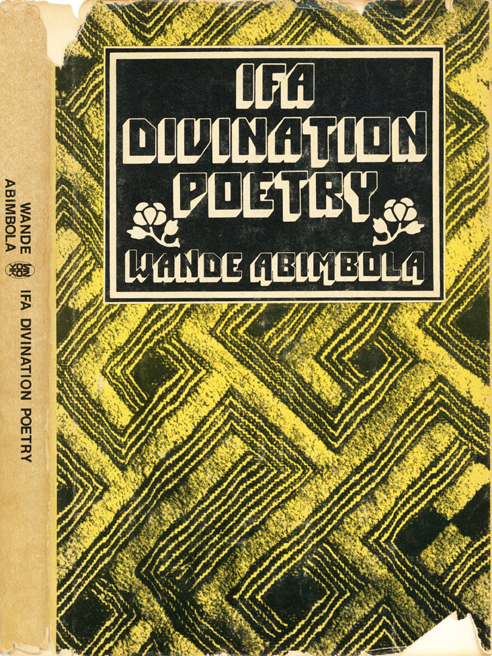On Divination
Footnote #1 to the 2018 Report
BBWms, February 2019
I refer to
THE I CHING
OR
BOOK OF CHANGES
The Ricard Wilhelm Translation
rendered into English by Cary F. Baynes
Foreword by C.G. Jung
Bollingen Series XIX
Princeton University Press
(13th printing, 1976)
and hexagram 12, P'i Standstill [Stagnation] which reads in part
"... states go down to ruin ... inferior men are at the center of government, and
superior men are forced to the periphery." Nevertheless, the hexagram bodes well
for those who act in a correct and appropriate way. The reading suggests it is wise to
hunker down and tend our own gardens.

I always liked the similarity of Wilhelm/Baynes to my own name. I was studying this
book as part of my reading of great stories, myth, ancient texts, and comparative
religion. I had just finished reading it straight through when I first met Arthur Hall
for the production of Snake Dance Teacher Dance (1977). Arthur encouraged me to
continue my study of the book, and as my involvement with Ile Ife continued to
develop, he provided me with a copy of Wande Abimbola's IFA DIVINATION POETRY.
(NOK Publishers Ltd, 1977)
The Chinese system is based on six changing lines, which produce 64 hexagrams.
The West African system is based on eight changing lines, which produce 256 Odu,
each a collection of poems that comes down to us in an oral tradition, each with a
distinct character that the Babalawo uses to expound upon the literary,
mythological, and religious traditions that apply to that Odu. He then
relates that Odu to the present moment. This is very exciting and complex and
a high art. I liken it to a jazz structure which states a theme, then explores
variations on that theme, and then has space for individual musicians to improvise,
before returning to the original theme that has now been given a unique performance,
rooted in rich tradition but explicitly tied to the present moment and made new again.
As I was first reading IFA DIVINATION POETRY, I was on phone duty on the third floor
of Ile Ife when Wande Abimbola called. That was in 1980. I have often told this story.
Wande Abimbola spoke later in a formal address to a small congregation there by the shrine.
Twenty years later, he sang at Arthur's memorial service in the Camden Opera House,
but back there in 1980, he took me aside and quietly told me an old Yoruba saying,
"He who knows not and knows not he knows not is a compound fool."
Luckily, I had enough traditional lore to answer with a second verse,
"He who knows not and knows he knows not is simple."
Simply simple. So teach me.

Read More
Return to Report Page 1